 Farrell engineered England's victory over Fiji and is looking to lead his team to the semi-final against South Africa. Photo: Sylvain Thomas/AFP
Farrell engineered England's victory over Fiji and is looking to lead his team to the semi-final against South Africa. Photo: Sylvain Thomas/AFP
Owen Farrell is drawn to defining moments like a moth to a lantern. And so, when England were struck with mortal terror with 13 minutes remaining, their balance undermined by two quick tries from Fiji, the captain felt his signal. One shot from Maro Itoje allowed Ben Earl to clear the ball from the back of a ruck and then, right on call, Farrell slid into the pocket to score. Considering the potential for this crew to panic and collapse under a surprise late bombardment from the Pacific Islanders, the clarity of thought is something to be admired.
The drop goal has become England's calling card in Marseille this World Cup, a party item they save for trips to the French Riviera. George Ford's gutsy hat-trick and boot were still fresh in the mind and Farrell produced a surprise strike of his own with the strike that sent England through to the semi-finals. It was a powerful mood changer, instantly calming England's anxiety at 24. It was also a reminder that in the most intense moments, when stress levels are high and the stakes are even higher, Farrell's calm authority remains invaluable.
Pharrell magic 🪄 pic .twitter.com/pqUpbeUwGl
— Telegraph Rugby (@TelegraphRugby) October 15, 2023
What was missing from Farrell's career, despite all the scoring records and his coaches' extravagant preaching, was pyrotechnics. Steve Borthwick could focus on the tone he sets in training and the teenagers he inspires by example, but these may be abstract qualities. Fans will remember the tries, line breaks and, yes, goals scored — England's most recognizable World Cup weapon. For Farrell, there was no better way to correct this omission than the quarter-finals, which seemed to be slipping through his team's grasp. His target wasn't exactly Jonny Wilkinson in Sydney, but it was still a clear expression of his defiance.
«Owen thrives on competing on big occasions like this,» Borthwick said. “He's a fantastic leader and I know he's the kind of leader I want to follow on the pitch.” Sometimes the praise for the head coach is so overwhelming that Farrell feels a little awkward around him. But this time the praise was fully justified: the captain's accuracy from the tee and sheer composure during a chaotic final were vital factors in England's victory.
The only momentary concern came immediately after the death of Farrell, who narrowly escaped a yellow card for deliberate assault. Surely the World Cup campaign, which began with him serving a two-match ban for a high tackle, was not going to end with another breach of discipline? Mathieu Raynal ruled otherwise, awarding only a penalty from which Fiji failed to capitalize. Pharrell's renaissance is over. Early in the game, he heard his name booed for the second game in a row, and many supporters considered his influence on this team to be akin to a chloroformed rag. By the final whistle, having scored 20 points and secured the man of the match title, he had confounded all doubters.
A noisy excuse is not Pharrell's style. He hates talking about himself to the exclusion of his teammates. Even when explaining his decision at the final stage, he refused to take personal credit. Ignoring the missed target, he said: “We were down by their 22 and should have come away with the points. The attackers put us in the right position and we were able to strike.”
You wouldn't call it Farrell's best performance in an England shirt. That accolade belongs to his talismanic performance against the All Blacks in Yokohama four years ago, symbolized by the look of the haka. But given the circumstances, it was still a significant star turn. Farrell put pressure on himself with his failure against Samoa when he had a time-out before he could take a penalty. To his detractors, this was convincing evidence that George Ford should supplant him halfway. Today, this once difficult dispute is all but over.
 Borthwick may have seen something of his own in Farrell's dedication to his team, but not in personal fireworks displays. Photo: GETTY IMAGES/Dan Mullan
Borthwick may have seen something of his own in Farrell's dedication to his team, but not in personal fireworks displays. Photo: GETTY IMAGES/Dan Mullan
Ford wasn't even brought off the bench this time, Farrell's influence was so important. . There is a better chance of Borthwick making the second row in Paris than Farrell missing out on the semi-finals. From the way the coach describes his captain, you can tell his faith is absolute. “There’s a composure about this team,” he said. “And it’s led by this man.” Ford's presence in 10 was inspiring while it lasted, but now it's Farrell's side for all intents and purposes.
On a day when England had to withstand a fierce Fijian bombardment in the second half, Sir Clive Woodward, who has long emphasized Farrell's services in the big game, described him as the deciding factor between the sides. Frankly, that seemed like an exaggeration, and Ben Earl probably deserved the same amount of credit. But it underlined the trust Farrell had earned even among World Cup winners. «You may not agree with his choices, but he is our captain and leader,» said Lawrence Dallaglio.
He is perhaps the most reliable polarizing player England has ever had. But here Farrell delivered with maximum intensity, much to his satisfaction — and, you sensed, to the satisfaction of Borthwick, who in his press conference complained about all those who had written his team off. For, despite all the reservations, the chariot, a little shabby and shaky, rolls towards Paris. And there, with Farrell proving his worth in the last four World Cup matches, England's siege mentality will be stronger than ever.



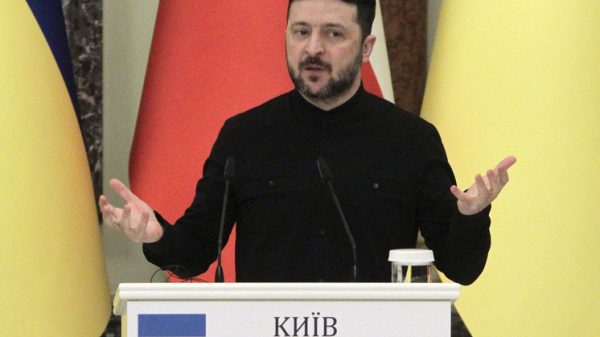
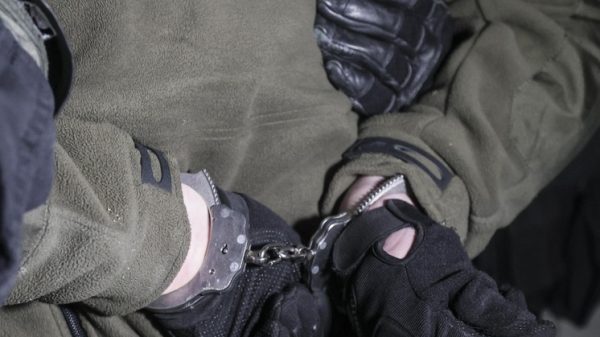
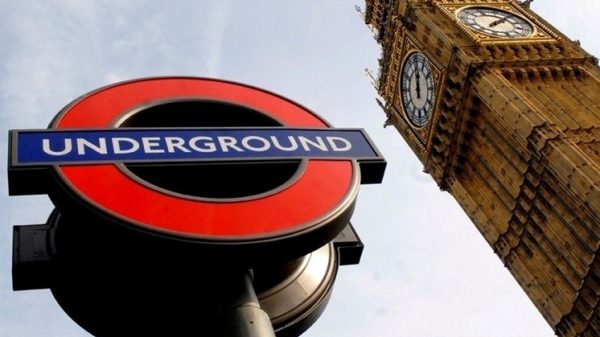





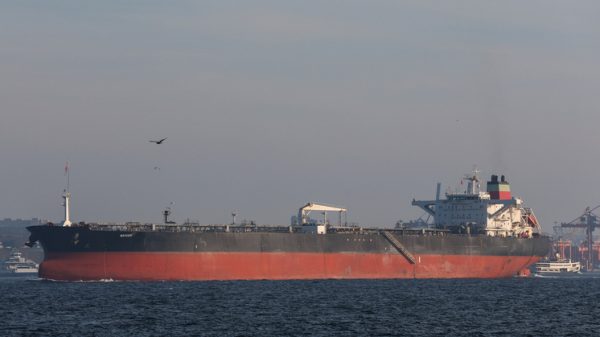


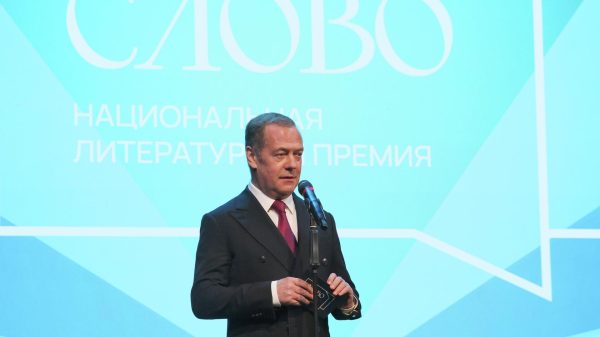
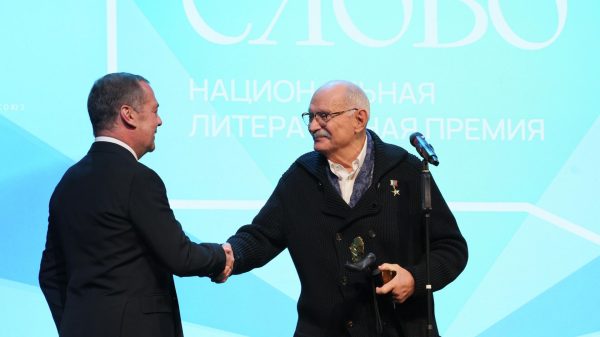
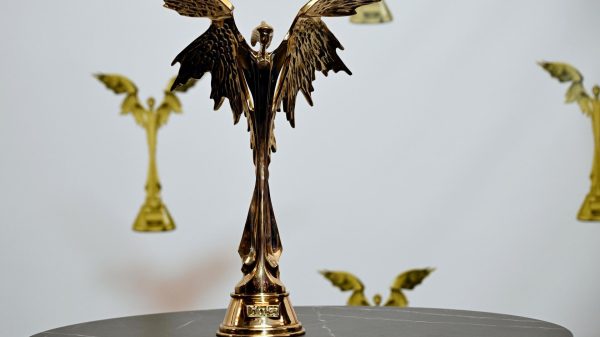














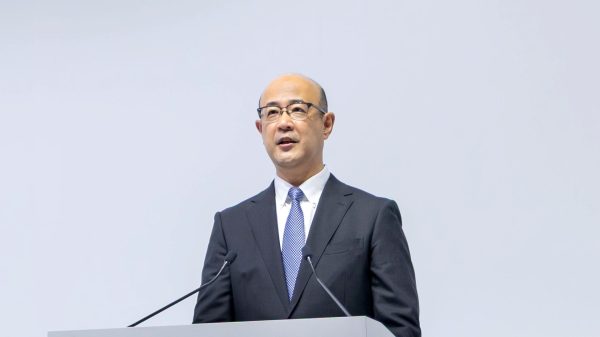


























Свежие комментарии